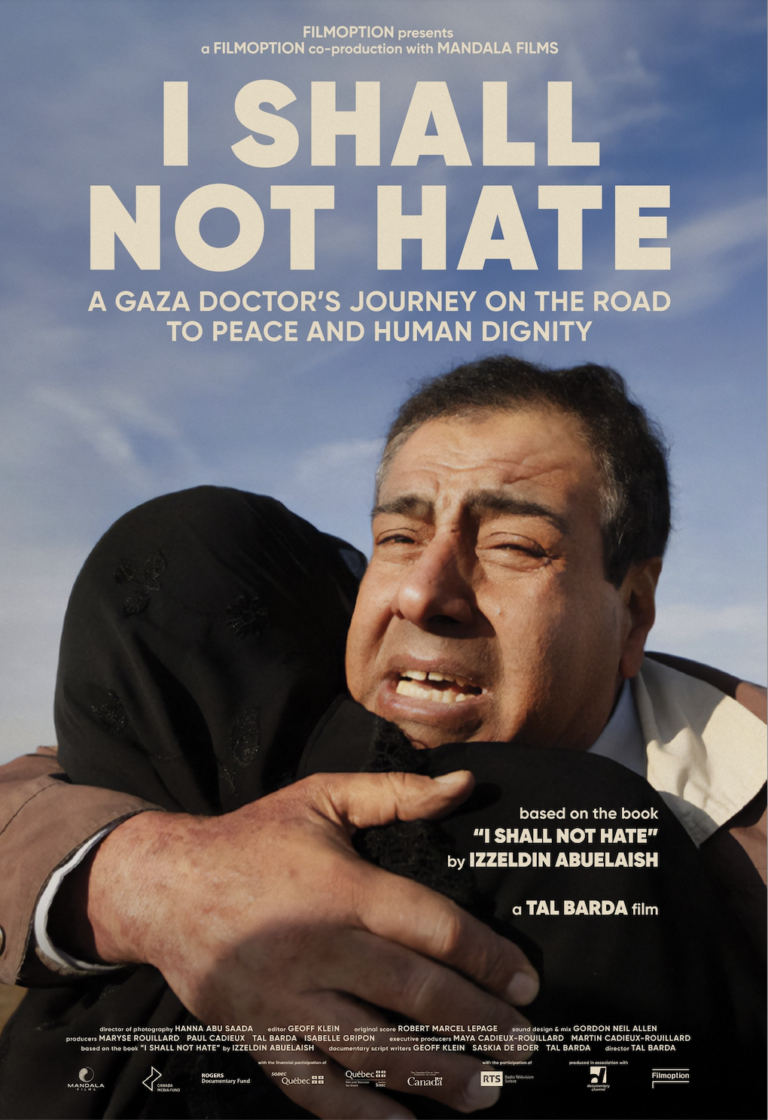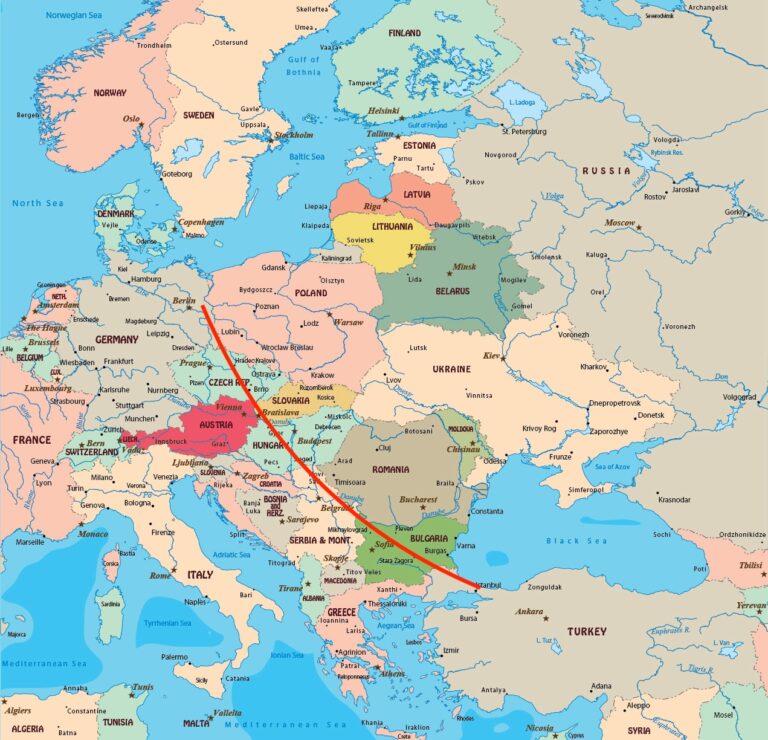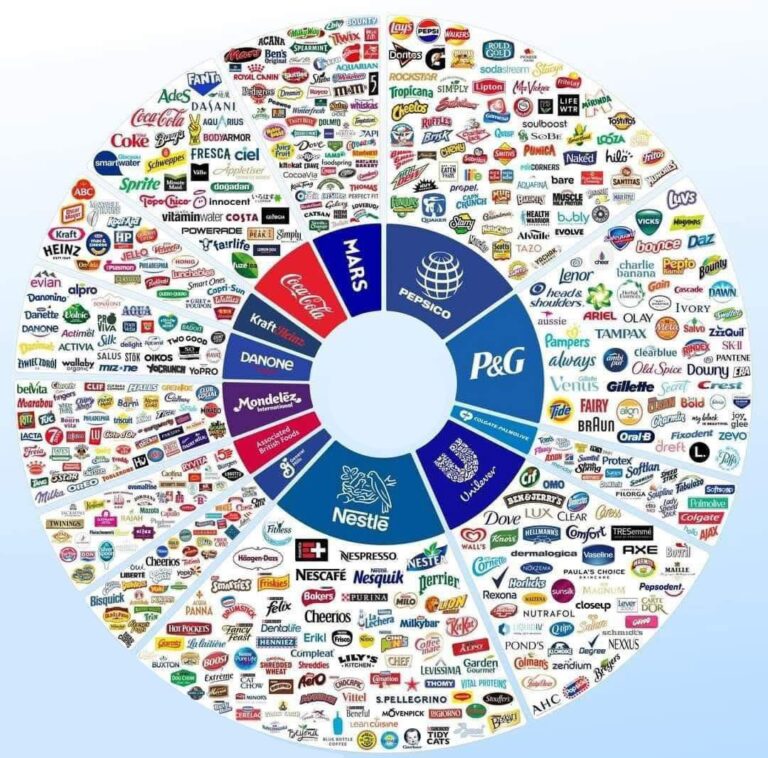By Adriano Izzo – Civil lawyer and President of the Gennaro Santilli Foundation ETS,
Go watch the film I Shall Not Hate by the talented Franco-American documentarian Tal Barda, and if you can, also read the book of the same name.
Izzeldin Abuelaish has endured the unimaginable. He has sought justice, but until now, in vain.
From his story of blood and pain emerges a personal crusade for reconciliation and the coexistence of two peoples, today more distant than ever.
Israel and Palestine. Two worlds, two different cultures, separated by the poison of hatred, which blinds and sows death in a schizophrenic and insane crescendo that erases every rule of national and international law.
And yet for years, in the name of these two peoples, Izzeldin Abuelaish has been fighting a deeply personal, but universal, war that overshadows and undermines the tragic war currently raging, demonstrating its illogicality and total uselessness.
It is a struggle profoundly different from the one fought with bombings and drones. It has different rules of engagement, different communication codes. It has an equally devastating impact but causes no death.
Izzeldin Abuelaish’s war is a war for peace. The word “war,” in reference to Dr. Abuelaish’s story and his global campaign against all forms of hatred and discrimination, is emptied of its sinister semantic weight and evokes the power of a benevolent force that spreads to deliver a message of love.
War can be a tool for achieving peace. But if the goal is Peace, and it is pursued through war, in between there are deaths, destruction, domination, desolation, and suffering.
Izzeldin Abuelaish fights for the salvation of his people, but he possesses no weapons that cause harm. His voice is the only weapon he has, and it becomes the tool to keep memory alive, to hold those responsible accountable for their crimes. It spreads like a virus, generating an indelible feeling of hope.
Izzeldin Abuelaish is a Palestinian doctor who, for years (he was the first Palestinian to do so), worked in an Israeli hospital. On one cursed night in 2009, an Israeli tank, positioned menacingly beneath his home in Gaza, bombed his daughters’ bedroom, killing three of them.
It was an enormous tragedy, reported live by Abuelaish himself during an Israeli news program, becoming one of the most dramatic iconic moments of the Israeli-Palestinian war.
Despite the overwhelming grief, Dr. Abuelaish immediately began to speak of peace and coexistence—defying every logic and expectation that would have seen him blinded by hatred and seeking revenge.
He sued the Israeli state only to obtain an apology (simply but symbolically, “Sorry”), but the outcome of his legal action is easy to predict. Yet he does not give up, he does not allow hatred to poison his thoughts, and he becomes an activist for peace and coexistence between the two peoples. He begins to make his voice heard and to spread his message of hope.
In memory of his daughters—Bessan, then 21, Mayar, 15, and Aya, 13—and his niece Noor, 17, Dr. Abuelaish founded the Daughters for Life Foundation, a charity that supports young women of Middle Eastern nationalities, regardless of their origin or religious affiliation, to access higher education.
Since that fateful 2009, the echo of his cry for peace has not faded; it is as strong and relevant as ever.
Speaking today about the coexistence of the Palestinian and Israeli peoples is a revolutionary act. It may be dismissed as a sterile exercise in romanticism, detached from an objective and realistic view of the endless conflict that has torn apart these two historic enemies for decades.
The term evokes a utopian scenario in which, finally, the two peoples recognize each other’s existence and dignity and live peacefully in mutual respect.
Coexistence is the presence of two distinct entities that do not renounce their identity but act to make their diversity an opportunity for harmony and cultural growth through the acceptance of the other and mutual enrichment.
Coexistence does not mean inclusion. It has a deeper value because it does not imply the existence of a subject that includes and decides how and when to include, according to a discriminatory logic that perpetuates ancient dynamics of domination and oppression.
What an extraordinary word, coexistence. It is universal, transversal, flexible, applicable to any context in which diversity and individual differences exist.
It is a way of seeing the world, resistant to the logic of domination, hatred, and revenge, which unexpectedly, in this tragic story, belongs to someone who, considering the wrongs he has suffered, should have very different terms in his vocabulary.
Such a strong and powerful message should receive legal recognition by a court, but law, as we know, is often subservient to reasons of state. This is a sad awareness, but it should not lead to surrender.
This is the story of Dr. Izzeldin Abuelaish as told in the film I Shall Not Hate. The documentary opens the doors of Gaza for us and lets us breathe in the smell of death. But despite everything, thanks to the tenacity of its extraordinary protagonist, it manages to instill hope for a different future.
This film should be shown in schools, universities, and public squares. It should be made accessible and understandable to everyone.
Dr. Izzeldin Abuelaish’s voice must become our voice. The voice of everyone. It’s never too late.



